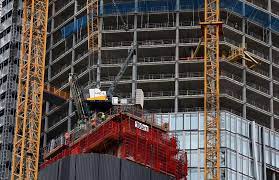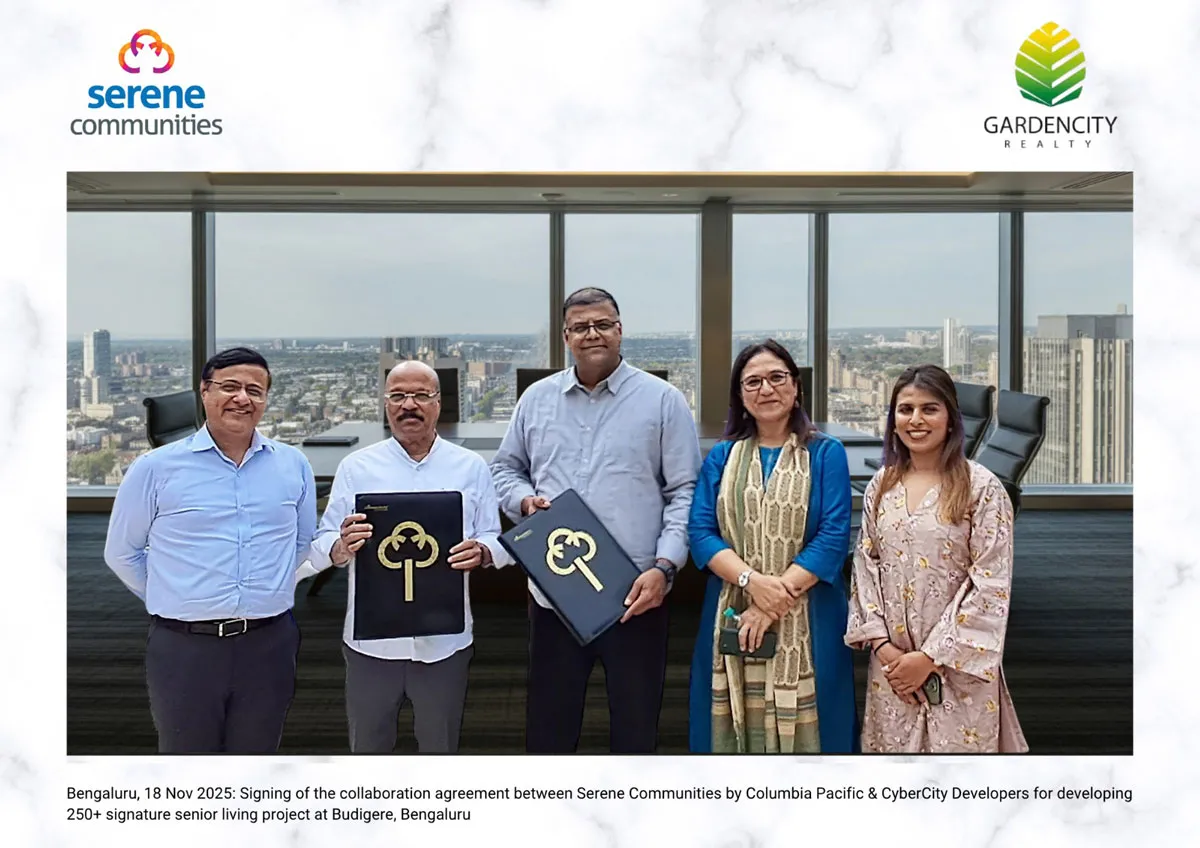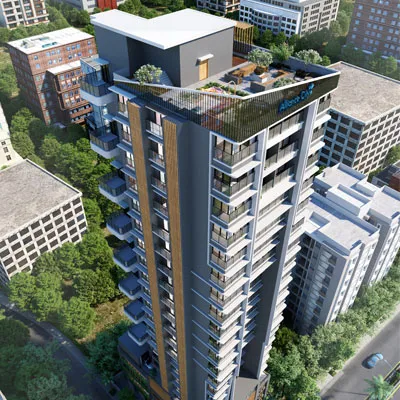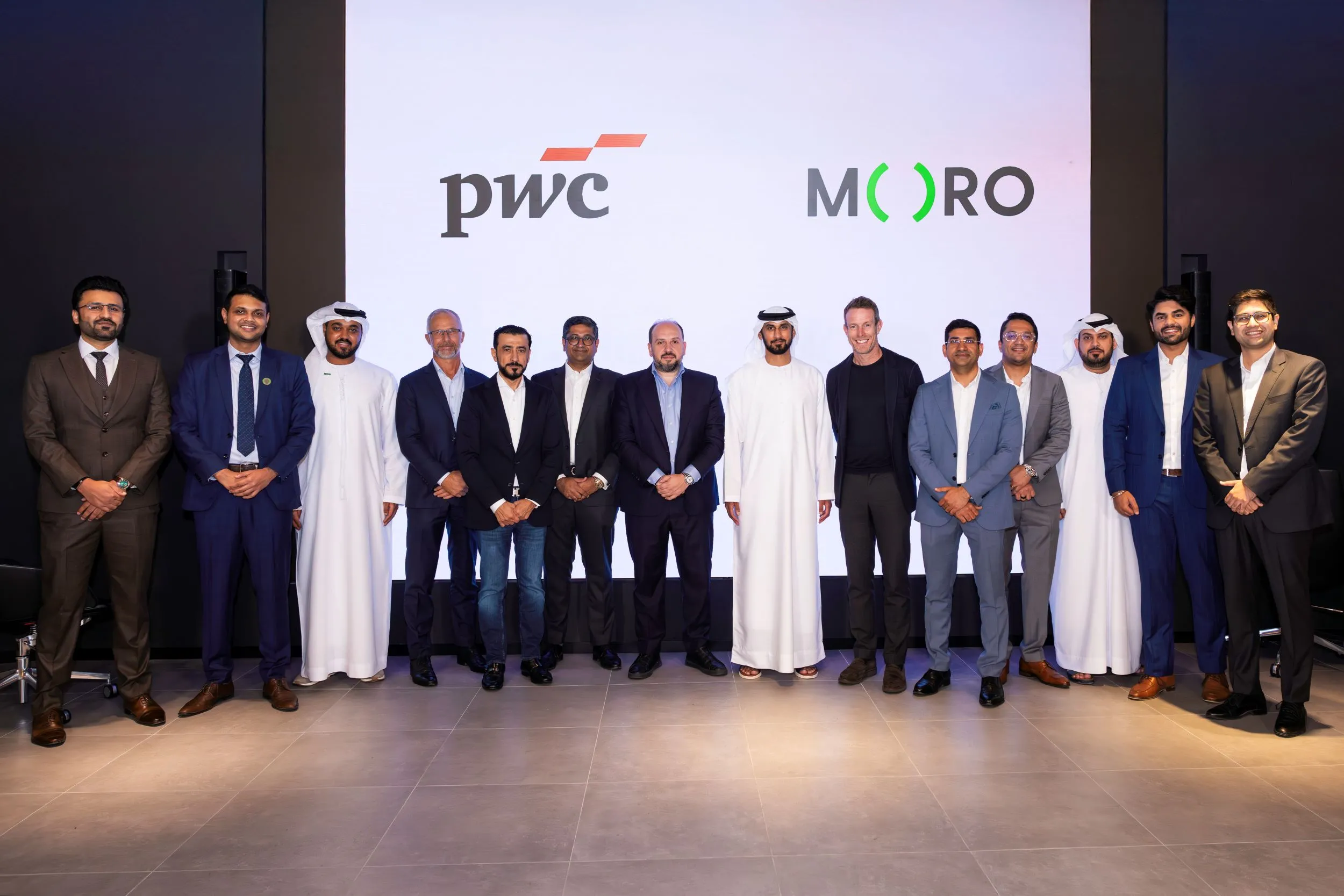The government of Uttar Pradesh is considering the implementation of a co-development policy as a potential strategy to revitalize halted projects in Greater Noida and Noida, according to insiders familiar with the situation. This proposed policy aims to tackle the obstacles faced by stagnant real estate developments and reinvigorate their progress.
The government is currently experimenting with this policy through a trial project in collaboration with the Hawelia Group, a prominent real estate developer. The Hawelia Group has taken on the task of reviving a partially completed project named Shree Radha Sky Garden in Greater Noida. This article delves into the specifics of this endeavor, its potential ramifications on the industry, and the advantages it provides to developers and property buyers.
Revitalizing Stalled Projects: Hawelia Group's Test Case
In a bid to inject fresh vitality into dormant real estate undertakings, the Uttar Pradesh government is mulling over a co-development policy. This approach aims to rescue projects that have come to a standstill in the Greater Noida and Noida regions, offering optimism to both developers and property buyers who have been awaiting the fulfillment of their investments. As a segment of this initiative, the Hawelia Group has embarked on a trial project involving the acquisition of a 22-acre venture, Shree Radha Sky Garden, in Greater Noida.
Financial Revival: Responsibilities of the New Developer
Under the co-development policy, the new developer, in this instance, the Hawelia Group, undertakes the responsibility of completing the project and addressing diverse financial obligations. This includes delivering more than 2,000 residential units to property buyers, settling outstanding dues of Rs 1.75 billion with the Greater Noida authority, managing construction financing of Rs 630 million, and disbursing Rs 200 million to vendors, among other financial commitments. To ensure the successful rejuvenation of the project, the Hawelia Group plans to invest an additional Rs 4.5 billion.
Enhancing Economic Viability through Market-Driven Fundraising
Nikhil Hawelia, the Managing Director of the Hawelia Group, elucidates that the co-development policy facilitates fundraising based on market dynamics for the new developer, enabling them to secure funds that were not easily accessible under the previous management paradigm. This innovative approach is anticipated to bolster the project's financial stability and elevate the likelihood of its successful completion.
Expected Approvals: Role of Noida and Greater Noida Authorities
The proposition for the co-development policy is presently being reviewed by the Noida and Greater Noida authorities. These authorities are anticipated to assess and potentially sanction the proposed policy during an upcoming board meeting. If approved, this policy could serve as a blueprint for resuscitating other stalled regional projects.
Vast Potential: Addressing Dormant Projects and Concerns of Property Buyers
The involvement of the Hawelia Group in the co-development pilot initiative has attracted considerable attention, particularly subsequent to their execution of a Memorandum of Understanding (MOU) with the Government of Uttar Pradesh at the UP Global Investment Summit 2023. This move underscores the potential for resolving the longstanding issue of halted real estate projects, which has left numerous property buyers in a state of uncertainty.
Extensive Scope: Confronting the Challenge of Stalled Projects
As per the CREDAI (Confederation of Real Estate Developers' Associations of India), the Noida, Greater Noida, and Ghaziabad areas bear the burden of roughly 190,000 immobilized housing units valued at Rs 1 lakh crore. Greater Noida alone grapples with the predicament of at least 36 real estate projects entangled in insolvency proceedings.
Project Regeneration: Fulfilling Commitments
In the Shree Radha Sky Garden project in Greater Noida, the participation of the Hawelia Group holds significant potential. While the existing developer has completed around 2.5 million sq ft of the project, the new developer intends to deliver an additional one million sq ft of the project that was previously launched but remained incomplete. Moreover, there exists the possibility of an extra 2 million sq ft of development.
Financial Restructuring: Enhancing Project Feasibility
Nikhil Hawelia deliberates on the financial aspect of the project, noting that the ongoing selling price per square foot is lower than the prevailing market rates in the vicinity. Nevertheless, he is confident that intervening in the project and executing essential tasks can augment its feasibility, paving the way for a revision of rates that aligns more closely with market trends.
Legal and Financial Resolution: Beyond Traditional Models
Diverging from prior methodologies primarily centered on contractual or debt management models, the co-development policy places greater onus on the new developer. This developer is required to grapple with legal, financial, and authority-related obligations associated with dormant projects, offering a more comprehensive solution to a longstanding challenge.





















